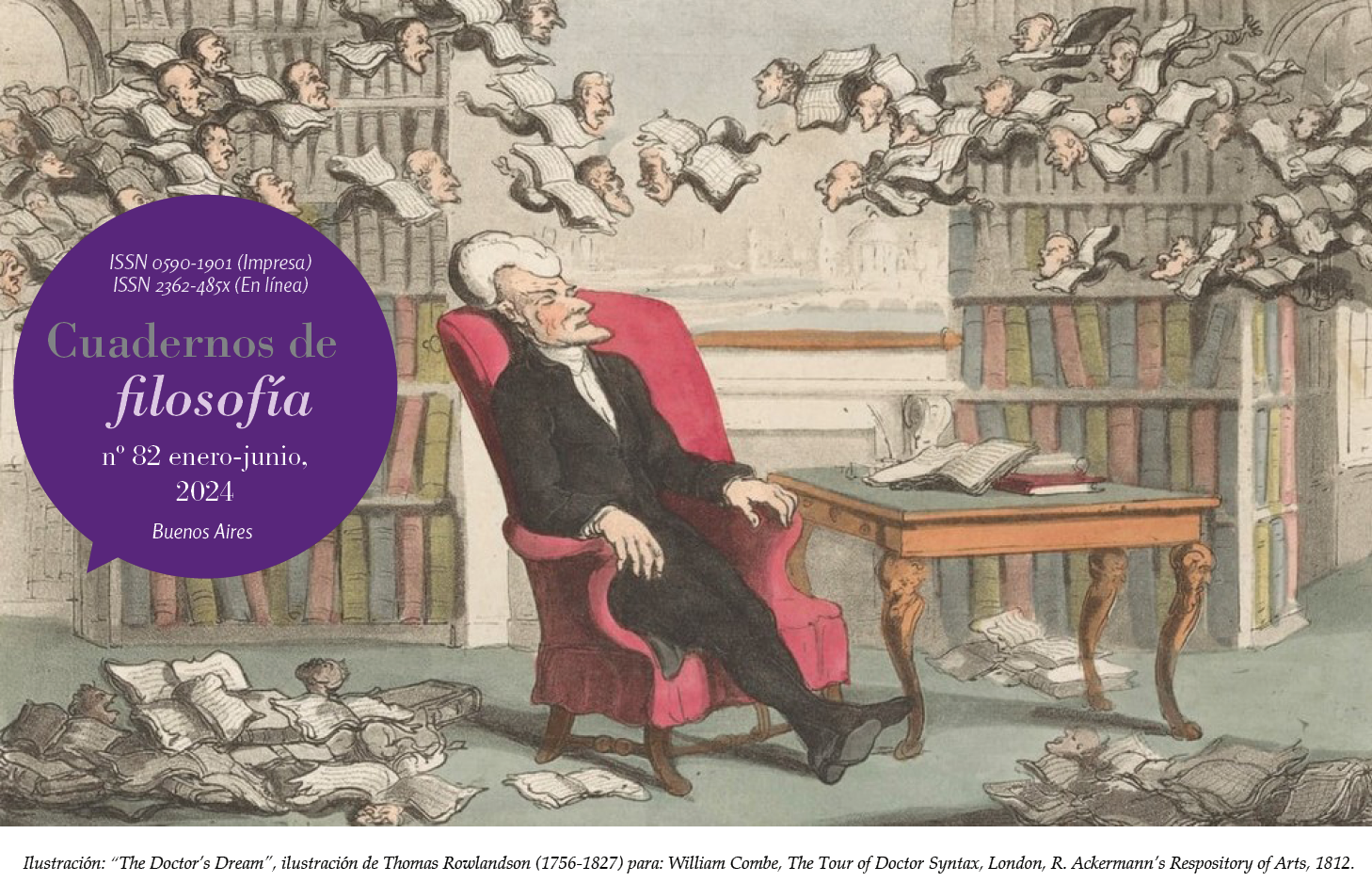La lógica del vértigo.
Acerca de las lecturas filosóficas del filme Vertigo de Alfred Hitchcock
Resumen
El presente trabajo es una indagación filosófica en la que realizaremos dos operaciones que se intersectan mutuamente. La primera es un estudio acerca del modo en que la obra del cineasta Alfred Hitchcock ha sido interpretada por estos cuatro filósofos (Deleuze, Žižek, Rancière y Pippin), haciendo hincapié especialmente en su película Vértigo (1958). La segunda operación es un intento comprensivo sobre la mutación que sufrió el género policial (en tanto género literario y cinematográfico intelectual) en la obra de este cineasta, para lo cual presentaremos una lectura propia (aunque deleuziana) sobre el filme señalado y sobre otras piezas de este autor. Comenzaremos reconstruyendo la lectura deleuziana sobre la obra del maestro del suspense, haciendo énfasis en las mutaciones que sufre la narrativa policial desde el cine clásico. En un segundo momento pasaremos a un análisis de las principales lecturas filosóficas sobre el filme Vértigo, recomponiendo las lógicas que se pusieron en juego en sus interpretaciones, e intentando explicar finalmente el motivo por el cual este filme es considerado una obra neurálgica del séptimo arte.Descargas
Los autores/as que publiquen en esta revista aceptan las siguientes condiciones:
Los/as autores/as [traductores/as] conservan los derechos de autor/a y ceden a la revista el derecho de la primera publicación, con el trabajo registrado con Licencia Creative Commons Atribución-NoComercial-CompartirIgual 4.0 Internacional, que permite a terceros utilizar lo publicado siempre que mencionen la autoría del trabajo y a la primera publicación en esta revista.
Los/as autores/as pueden realizar otros acuerdos contractuales independientes y adicionales para la distribución no exclusiva de la versión del artículo publicado en esta revista (p. ej., incluirlo en un repositorio institucional o publicarlo en un libro) siempre que indiquen claramente que el trabajo se publicó por primera vez en esta revista.
Se permite y recomienda a los/as autores/as a publicar su trabajo en Internet (por ejemplo en páginas institucionales o personales).
Políticas de detección de plagio
La colaboración de los y las editores/as, autores/as y evaluadores/as de esta revista y la guía de ética de los procesos editoriales se rige por los Principios de transparencia y buena práctica en publicaciones académicas del Committee on Publication Ethics (COPE) disponible aquí.
Todos los artículos enviados a esta publicación serán supervisados mediante una búsqueda online.







